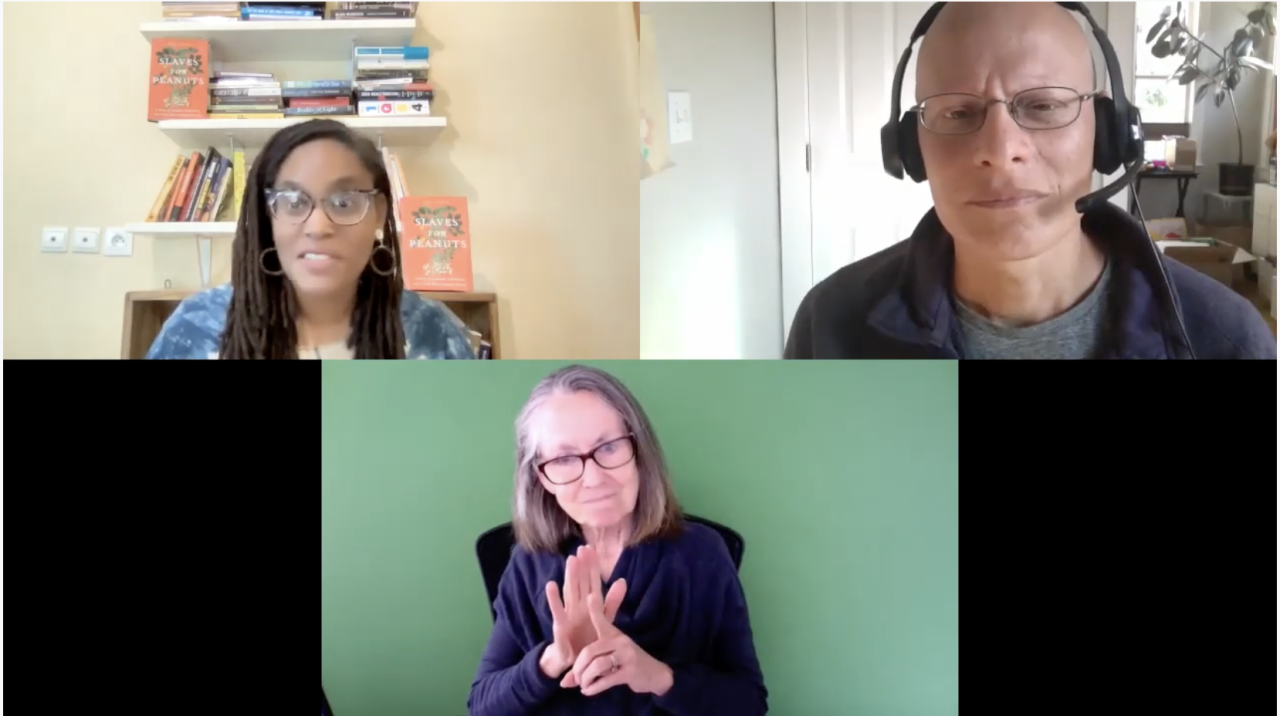
The environmental challenges we face today have raised the stakes for effective communication about science. Your tax-deductible gift to Metcalf Institute advances informed, inclusive conversations on the most critical issues of our time, and contributes to a global community of practice.
Metcalf alumni and guest speakers answer your Frequently Asked Questions
How does my donation to Metcalf Institute expand informed conversations about environmental issues, exactly?
My experience at Metcalf had a profound impact on how I communicate my research. Before, I presented primarily at disciplinary gatherings. Developing a talk for Metcalf’s diverse audience was an entirely new challenge. The Metcalf staff helped me distill my long abstract into a clear and concise message and guided me toward what would ultimately become one of my favorite public speaking engagements. The level of audience participation and interest in my lab’s research was really empowering. I returned to the University of Michigan and started our own public lecture series. I am grateful for this experience.
Branko Kerkez, Associate Professor, Department of Civil and Environmental Engineering, University of Michigan
How does Metcalf’s science training for journalists increase news coverage of climate change?
My experience as a 2018 Metcalf Fellow inspired me to return to Florida and greatly expand my organization’s commitment to covering the impacts of climate change and sea level rise. The knowledge and insights gained from my week at Metcalf Institute are directly linked to WJCT’s creation of a new digital magazine, ADAPT, that covers these issues in depth. ADAPTFLORIDA.ORG links a climate reporting consortium of news outlets in Florida. Metcalf’s training helps journalists explain and contextualize climate science for a general news audience, which is vital to improving public awareness.
Melissa Ross, Producer/Host, WJCT Public Media
How does Metcalf science communication training benefit science education and public audiences?
Participating in Metcalf Institute programs has reshaped my understanding of how to be an effective communicator and has helped me approach this important part of being a scientist with more confidence and, I hope, skill. Metcalf’s science communication training has been incredibly important to my graduate education, especially since science communication has not been a formal part of my coursework.
Alissa Cox, PhD candidate, University of Rhode Island Laboratory of Soil Ecology and Microbiology
How is Metcalf ‘s InclusiveSciComm Symposium changing science communication?
The symposium was a great opportunity to connect with science communicators outside of academia and to learn about different approaches. I think it is vital that we consider the role of the community in our research and practice: the community needs to be involved not just as participants but with all stages, including planning and creation.
Ti’Era D. Worsley, PhD Candidate, University of North Carolina-Greensboro Department of Teacher Education and Higher Education
